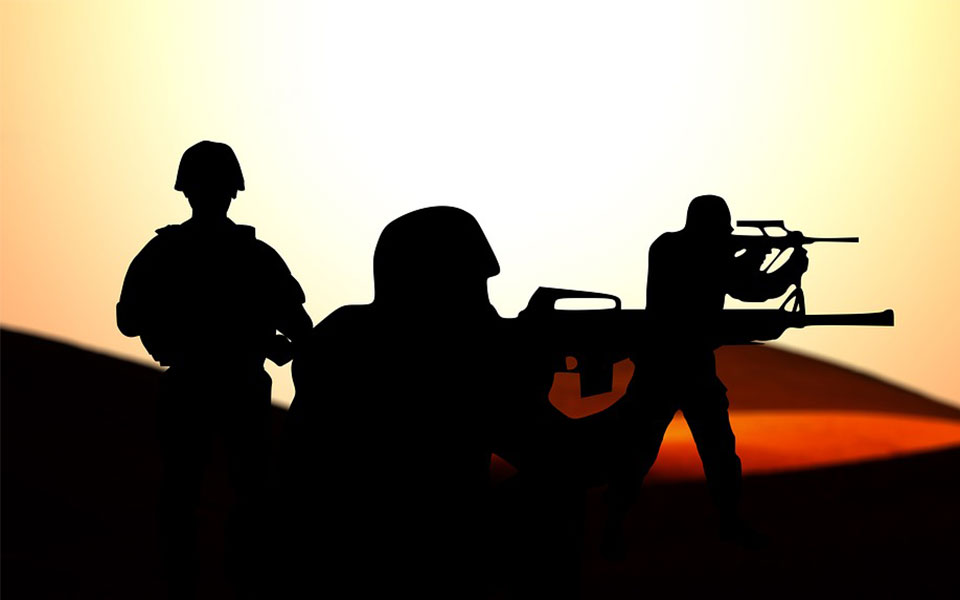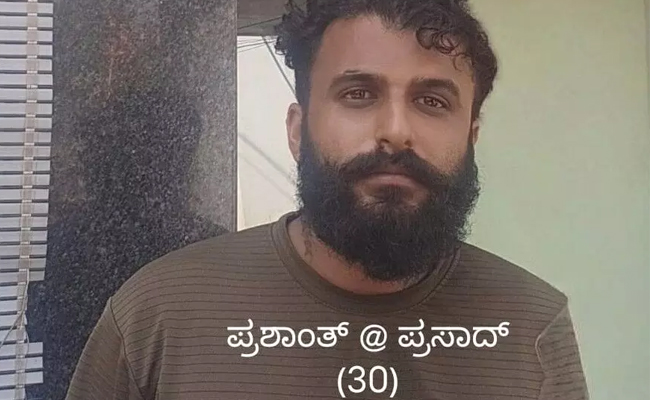Tehran: More than 2,000 Afghans deployed by Iran have been killed fighting in Syria on the side of President Bashar al-Assad's regime, an official in the volunteer force told Iranian media.
The Fatemiyoun Brigade of Afghan "volunteer" recruits has been fighting in Syria for five years, said Zohair Mojahed, a cultural official in the brigade.
"This brigade has given more than 2,000 martyrs and 8,000 wounded for Islam," he said in an interview with the reformist Shargh newspaper published Saturday.
Iran rarely provides figures on the numbers fighting and killed in its operations in Syria and Iraq.
The last toll was provided by the veterans organisation in March, which said 2,100 volunteers had died without specifying how many were foreign recruits.
Iran denies sending professional troops to fight in the region, saying it has only provided military advisors and organised brigades made up of volunteers from Iran, Afghanistan and Pakistan.
The Fatemiyoun is reportedly the biggest military unit deployed by Iran in Iraq and Syria, made up of recruits from Afghanistan's Shiite minority.
Iran has backed Afghan forces in the past against the Taliban in their own country, as well as mobilising them against Saddam Hussein's forces in the Iran-Iraq war of 1980- 88.
Some 3,000 Afghans died fighting Iraq in the 1980s, Mojahed said.
Tehran offers Iranian citizenship to the families of those foreign fighters "martyred" in the conflicts of Syria and Iraq.
Iranian media has reported on the funerals of volunteer "martyrs" and aired television features about their presence in Syria.
Let the Truth be known. If you read VB and like VB, please be a VB Supporter and Help us deliver the Truth to one and all.
Udupi: Udupi City Police have arrested two persons, including a woman, in connection with the alleged misappropriation of property tax funds belonging to the Udupi Municipal Council.
The accused have been identified as Shalini, who was working as a tax consultant outside the municipal office, and Ganesh, a bank employee.
According to police, Anand Suvarna had paid Rs 34,730 towards 12 years of property tax for his building in Kalmadi to Shalini on October 16, 2025. She reportedly issued him a receipt acknowledging the payment.
However, when Suvarna recently checked the status of the payment on the property tax portal, he found that the amount had not been credited and was still shown as pending. He then brought the matter to the notice of the Municipal Commissioner, who verified that the payment had not been recorded.
During questioning, Shalini allegedly admitted to the lapse. On February 16, 2026, she generated a new challan in Suvarna’s name and paid Rs 35,213 towards the dues.
Police said a case has been registered at the Udupi City Police Station against the accused for allegedly misappropriating tax money and defrauding the government by affixing the seal of Union Bank on the challan without remitting the amount initially received from the taxpayer.
Further investigation is under way.





